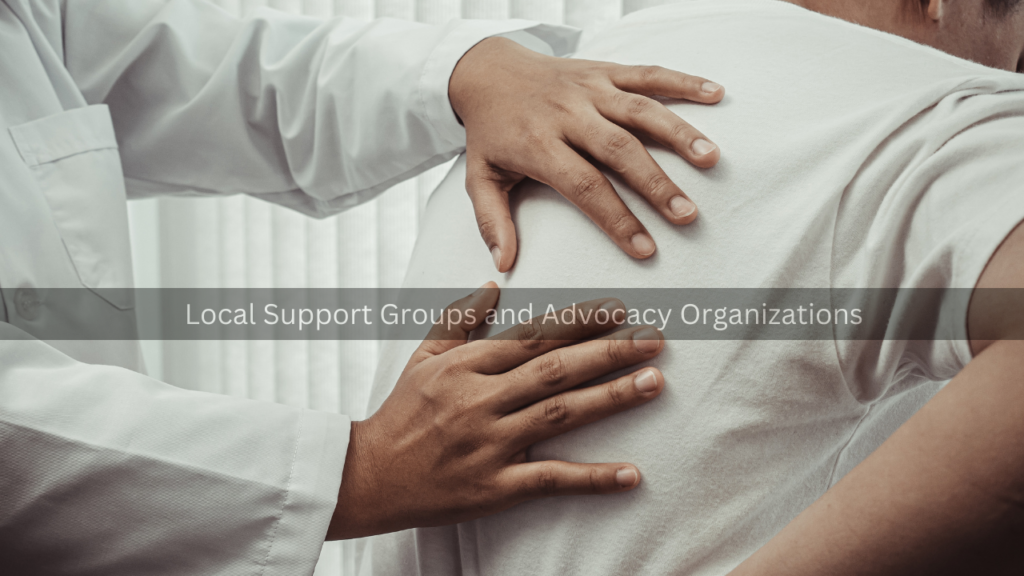
When it comes to battling addiction, finding the right support and treatment is crucial. For residents of Michigan, there is a wealth of resources and programs designed to assist those seeking recovery. From comprehensive rehab centers to community-based support networks, Michigan offers a diverse array of options for individuals struggling with addiction.
Top Rehab Programs in Michigan
- Brighton Center for Recovery: Located in Brighton, this center is renowned for its holistic approach to addiction treatment. It provides a range of services, including detoxification, inpatient rehab, and outpatient programs. The center emphasizes personalized care, offering various therapeutic modalities such as cognitive-behavioral therapy (CBT) and motivational interviewing. Their commitment to long-term recovery is evident in their aftercare programs, which help individuals transition back into their daily lives.
- The Salvation Army’s Harbor Light System: Situated in Detroit, this facility offers a comprehensive treatment program that combines spiritual guidance with clinical care. It includes residential rehab, detox services, and outpatient support. The Harbor Light System is known for its focus on both physical and emotional healing, providing a structured environment where individuals can rebuild their lives.
- Oakland Psychological Clinic: With multiple locations across Michigan, the Oakland Psychological Clinic provides tailored treatment plans that address the unique needs of each individual. They offer a range of services, from intensive outpatient programs to individual and group therapy. Their emphasis on evidence-based treatments and support for co-occurring disorders makes them a valuable resource for those seeking recovery.
- Siena Heights University Counseling Services: For those seeking support while pursuing education, Siena Heights University in Adrian offers counseling services that include addiction treatment. This program is particularly beneficial for students who need to balance their recovery with academic responsibilities. It provides a supportive environment where individuals can address their addiction while continuing their education.
- Northland Clinic: Based in Bloomfield Hills, Northland Clinic specializes in outpatient addiction treatment. They offer flexible scheduling and a variety of therapeutic options, including individual counseling, group therapy, and family support. Their approach focuses on empowering individuals to manage their addiction while maintaining their daily routines and responsibilities.
Community-Based Support Networks
Beyond formal rehab programs, Michigan boasts several community-based support networks that play a vital role in the recovery process:
- Michigan Recovery Network: This statewide organization connects individuals with local support groups, recovery coaches, and peer recovery support services. It offers resources and guidance to help people find the right support for their journey to sobriety.
- Alcoholics Anonymous (AA) and Narcotics Anonymous (NA): Both AA and NA have numerous meetings throughout Michigan. These groups provide a supportive community where individuals can share their experiences and receive encouragement from others who have faced similar challenges.
- Michigan Opioid Collaborative: Focused on addressing the opioid crisis, this collaborative brings together various stakeholders to provide comprehensive support for those affected by opioid addiction. It offers resources such as naloxone distribution, education programs, and access to treatment services.
- Michigan Substance Abuse Prevention and Treatment (SAPT): SAPT offers various resources and support services across the state, including access to prevention programs, treatment options, and recovery support. Their goal is to reduce substance abuse and improve overall community health.
- Local Support Groups and Advocacy Organizations: Many local organizations and support groups in Michigan focus on specific types of addiction or demographic needs. These groups offer tailored support and advocacy to ensure that everyone has access to the help they need.
Conclusion
Michigan is home to a diverse range of rehab programs and support networks that cater to individuals at various stages of their recovery journey. From state-of-the-art treatment centers to grassroots community support, there are numerous options available to help those struggling with addiction find their path to a healthier, more fulfilling life. Whether you’re looking for intensive inpatient care, outpatient services, or community-based support, Michigan’s resources are designed to provide comprehensive assistance and foster long-term recovery.








